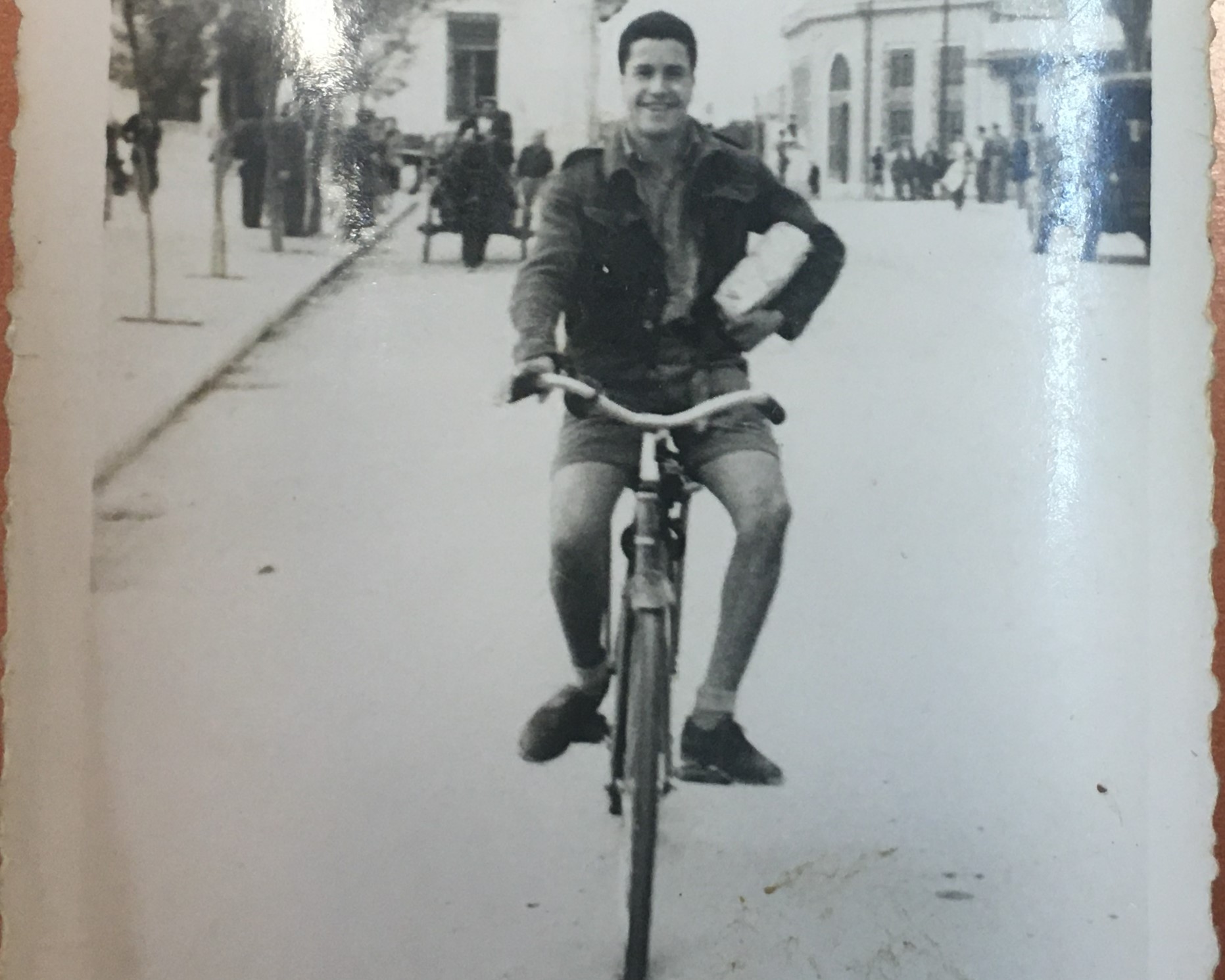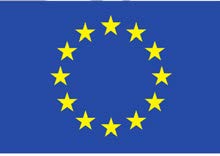“Your needs show you where you go”: Navigating access to health care.
Author: Ourania Pinaka, GP, 5th Regional Health Authority of Thessaly & Sterea, DYPE
Nikolas, an 84-year-old man from Greece lives with Mary, his wife of the same age, in a privately owned house near the city center. They have two sons, one resides in Athens, about 400 kms away and is divorced. The other son, unemployed for two years, has been hosted with his wife at his parents’ house until their financial situation improves. Nikolas is economically independent with his pension sufficiently covering the couple’s daily living expenses but the additional support of their son strains their finances. Two years ago, Mary had a stroke. She recovered very well and continues to receive treatment. Nikolas helps Mary with the housework and also goes shopping in the bakery or at the grocery store. He is also the one who pays the bills and goes to the pharmacy for prescriptions.
Nikolas is a cancer survivor. He had a very serious problem with colorectal cancer in 2005, which he overcame after surgery. In 2007 he presented with episodes of bradycardia for which he had to put a pacemaker on the advice of his cardiologist. In 2014 he had vision problems in both eyes and underwent a cataract operation. Α year later he had a problem with his bile which also required surgery. All these health issues were first attended to in the emergency rooms of the public hospital, but the surgeries were performed in private clinics. This happened not because Nikolas chose it but because the waiting time for the operations was too long at the Public Hospital.
Nikolas says: “Your needs show you where to go and what to do. When you face a problem, especially a health problem, you want a solution immediately”. He adds, “I trust and appreciate the doctors in the hospitals. Every time something serious happens to me, I visit the public hospital but the procedures that are followed are not convenient and beneficial to the citizens and this must change”.
Nowadays, Nikolas is in very good health. The only health problems he faces are hypertension and prostatic hyperplasia for which he takes medication on a daily basis. He also occasionally takes painkillers when he has a problem with his cervix. For his chronic health issues and the prescriptions needed, Nikolas visits the primary health care unit of his region called TOMY*. Nikolas says: “TOMY is wonderful! Access is easy and fast. Appointments are pre-arranged and without delay. My doctor knows me well and I trust him but there is a problem here too. When I want to visit a specialist there is no connection between the structures and I have to arrange it by myself”. Furthermore, he adds: “This lack of clear referral mechanisms and pathways between the primary health care unit, the specialists and the hospital, obliges me to pay a lot for my health. This is money that I don’t really have and it deprives me of other things, such as getting my wife a gift or going on a trip sometime.”
It is very important for Nikolas that both he and his wife are in good health. He wants to be able to take care of his wife and himself until the end of his life. He does not want to burden his children. However, if the need arises and his family cannot provide the required care, he will be forced to go to a nursing home or a clinic. But Νikolas believes that older adults in these institutions are unfortunate. “They are suffering”, he says, “It is ok to be able to go to a facility, something like a nursing home, for as long as you can eat on your own and go to the toilet on your own. Then they better let you die! Besides, you are not doing anything else there, you are just waiting to die!”
Healthy ageing is Nikolas’ wish for the rest of his life. When being asked by his doctor about his wellbeing, his response is, “I’m not well. Can you make me better?”, adding, with a mischievous smile on his face “If you can’t, I’m fine”. For as long as possible he wants to take care of his garden and to keep riding his bicycle, which he loves because it makes him feel free, much like when he was a small child. Εvery year he eagerly awaits the summer to visit his seaside house and enjoy the sea.
*TOMY: The opening of new primary health care units in December 2017 was an effort towards establishing modern, people-centered primary health care services in Greece. The Primary Health Care Units, called Topikes Monades Ygias (TOMY) in Greek, are key elements of the newly designed primary health care system and serve as the first point of contact and the main coordinator of care for people in the area. Multidisciplinary teams (general practitioners/family doctors, pediatricians, nurses, health visitors and social workers) provide health care for people in a continuous manner, looking at disease prevention, health promotion, diagnosis, treatment, monitoring and care.
Category


